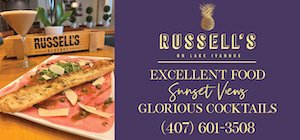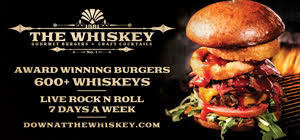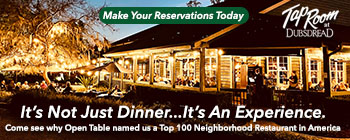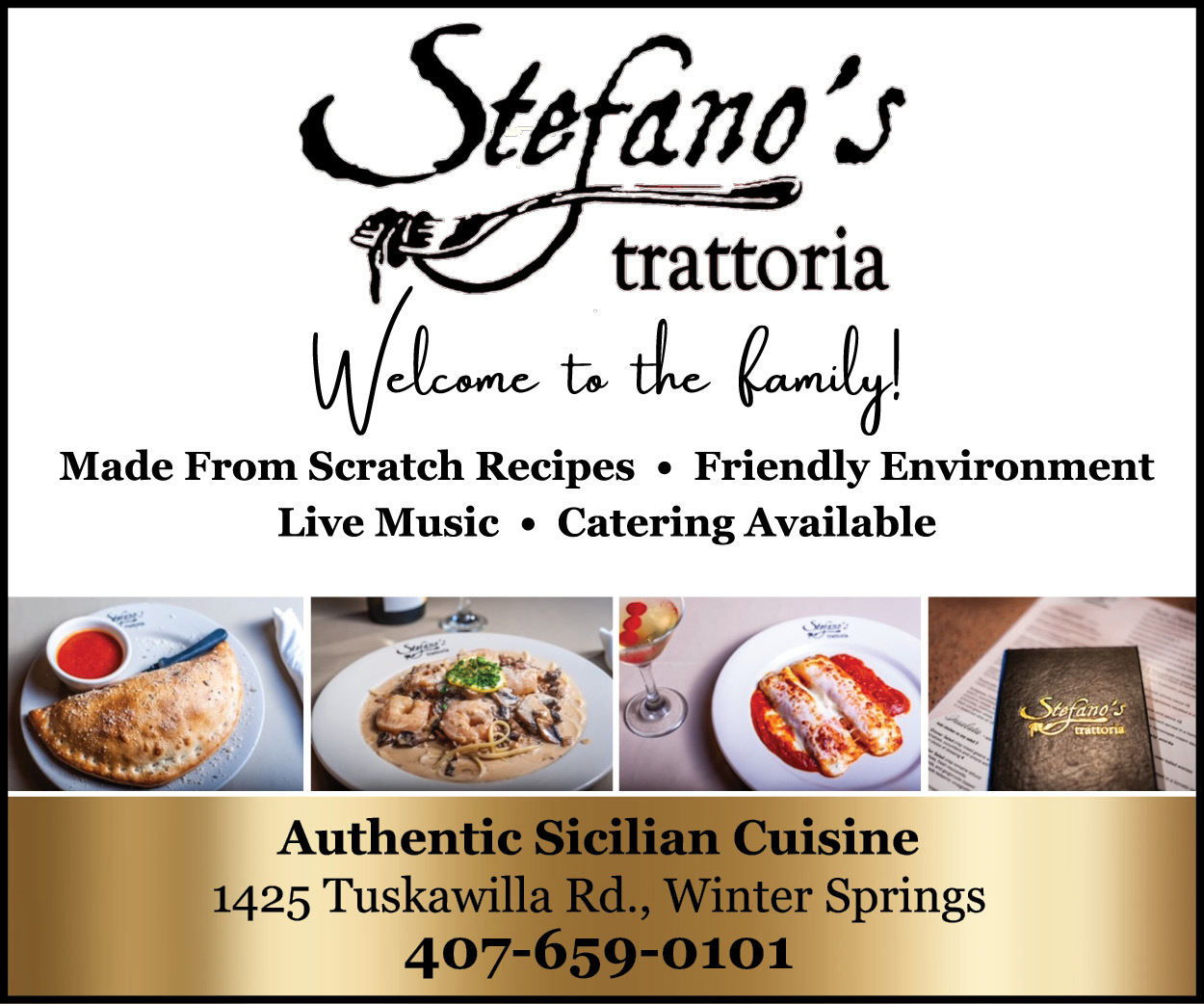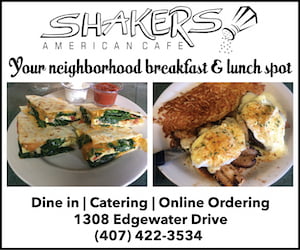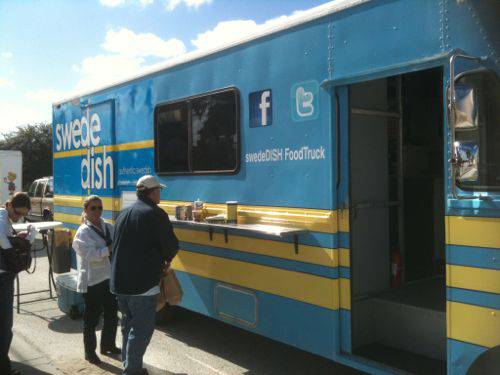
It was March 30, 2011. Mark Baratelli of The Daily City was hosting something he was calling a Food Truck Bazaar. I was along as a media sponsor. Baratelli had arranged to take over the parking lot of Discovery Church south of downtown Orlando. Eight trucks had signed on, though a couple of those weren’t legitimate food trucks. But Baratelli was happy to have them so that the parking lot wouldn’t look under occupied.
We didn’t know what to expect.
We certainly didn’t expect the thousands of people who showed up, parking their cars in the strip center across the street and dodging traffic on Orange Avenue to get to the Bazaar. And we never would have guessed that people would stand in lines for over an hour. And that they’d keep coming back for more.
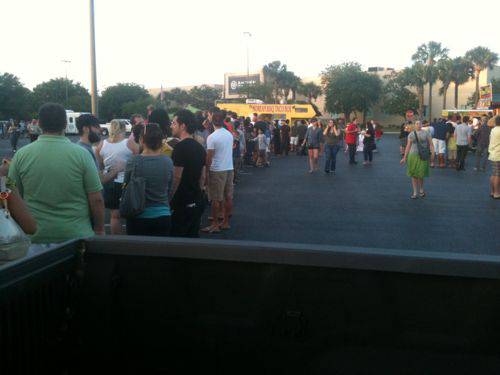 The line at one of the early Food Truck Bazaars. Off in the distance is Korean BBQ Taco Box.
The line at one of the early Food Truck Bazaars. Off in the distance is Korean BBQ Taco Box.
Now, two and a half years later, the Central Florida food truck scene is still cruising right along. It would be difficult to find a day of the week without some sort of food truck gathering. And that fleet of eight of so trucks has grown to include 80 to 100 and possibly more. (Urbanspoon has 187 listings in its Central Florida food truck category.)
And they cover a range of cuisines and food styles. There are many different ethnic and cultural cuisines, such as SwedeDish, offering Swedish delicacies without the need to tromp through IKEA, Bem Bom, with Portuguese items, Vietnamese at Saigon Sizzle, and Venezuelan and Latin American food from Tastebuds Catering; niche mealtime favorites, such as Local Yolk’l, offering an all-day breakfast menu; gourmet fare you’d expect to find in a fine dining restaurant from the likes of Fork in the Road or Curbside Chef; and even baked goods, including Charlie’s Bakery and Yum Yum.
For many who choose to <ahem> go the truck route, the allure is the opportunity to get into the food business without having the expenses associated with opening a conventional business — no building lease, fewer staff, more flexible scheduling. Some have used a food truck as an on-ramp to a conventional restaurant, such as Red Eye Bar & Grill in Ocoee and the recently opened Crooked Spoon Gastro Pub in Clermont.
And then there are those that want both. Charlie’s is a good example of the phenomenon of brick-and-mortar businesses adding a truck element to get their wares out to the people. And Winter Park Fish Company has one, too, which, come to think of it, is about the same size as its restaurant on Orange Avenue.
And because food trucks are such a happening thing, hotels have been hiring truck owners for onsite conventions and events. But in many cases, the food truck owners merely park their vehicles and turn the mobile kitchen over to the hotel’s in-house culinary team (then pick up the truck — and a hefty check — later).
Even Disney wants in. Orlando Business Journal reported earlier this week that food trucks will become part of the Downtown Disney scene beginning in November, though something tells me these outlets will be trucks the way that the Empress Lily is a boat. Those trucks will be Disney brands, though, according to Baratelli, Disney has been using local truckers at venues like the Wide World of Sports.
But don’t think there aren’t some bumps and hazardous roadblocks for food trucks (and I’m not referring to Orlando’s horrible brick streets). The Daily City keeps a running list in a “Truck Graveyard” for businesses that have been put up on the proverbial blocks.
So with so many hungry people clambering for what food trucks have to offer, why have so many failed? “The real problem is that these trucks aren’t vending daily,” says Baratelli. “They’re just doing events, and events won’t keep your truck alive,” he says. “You have to be out there every day.”
So instead of relying on the bazaars and weekly roundups, trucks have to find daytime places to park and a more regular clientele to serve. That’s something that was made a bit more difficult by recent rules put in place by the City of Orlando, but we’ll discuss that another time.
What looked like a passing fad two and a half years ago shows no sign of decline. For his part, Baratelli says the food truck business has become such a major part of his company that he plans to spin it off into a separate entity.
And in the meantime, the food truck trend just keeps rolling along.
What do you think? Are you a food truck fanatic? Is there a weekly gathering you frequent? What’s your favorite truck? Is there a cuisine you’d like to see represented? And is there a favorite truck that rode off into the sunset that you miss? Leave your thoughts in the comments below.
Here are two videos. One I shot at that very first Food Truck Bazaar, and this link will take you to another that was produced by the team at WFTV-Channel 9 for icFlorida.com.
{jcomments on}

